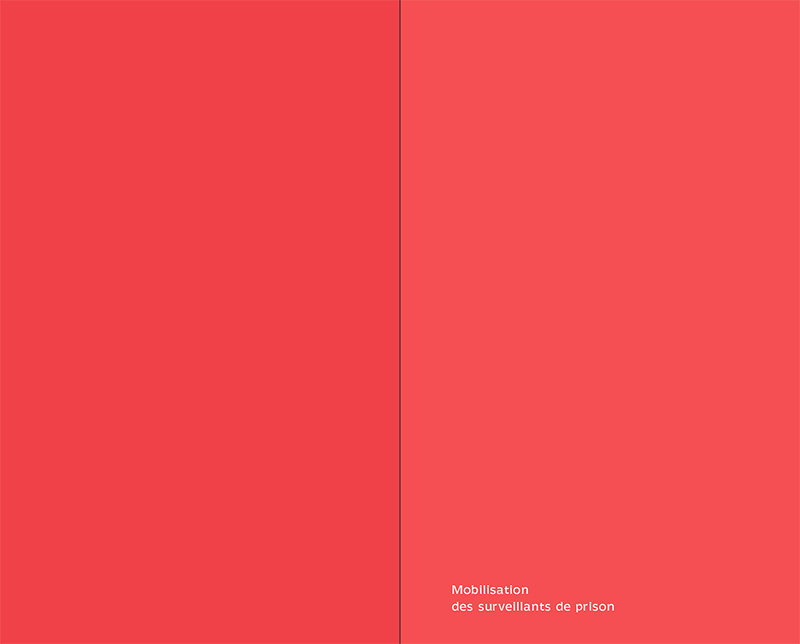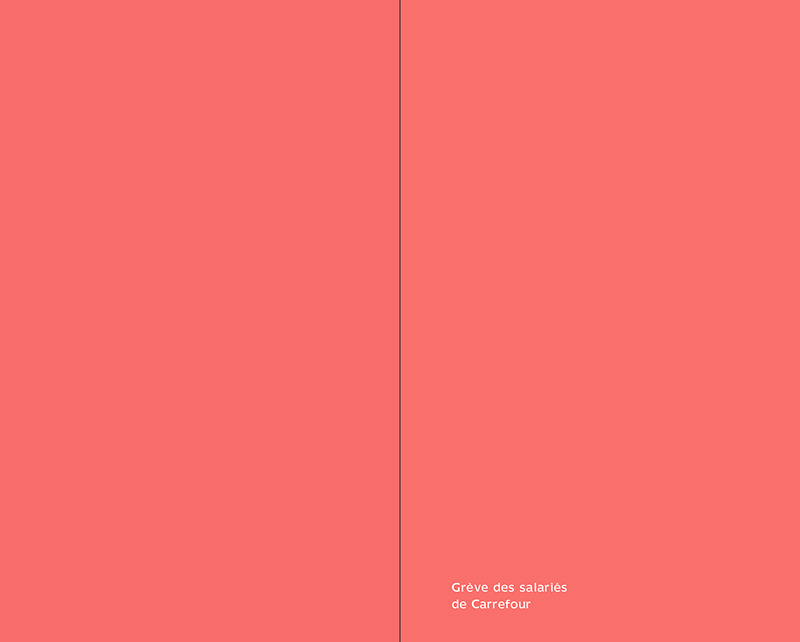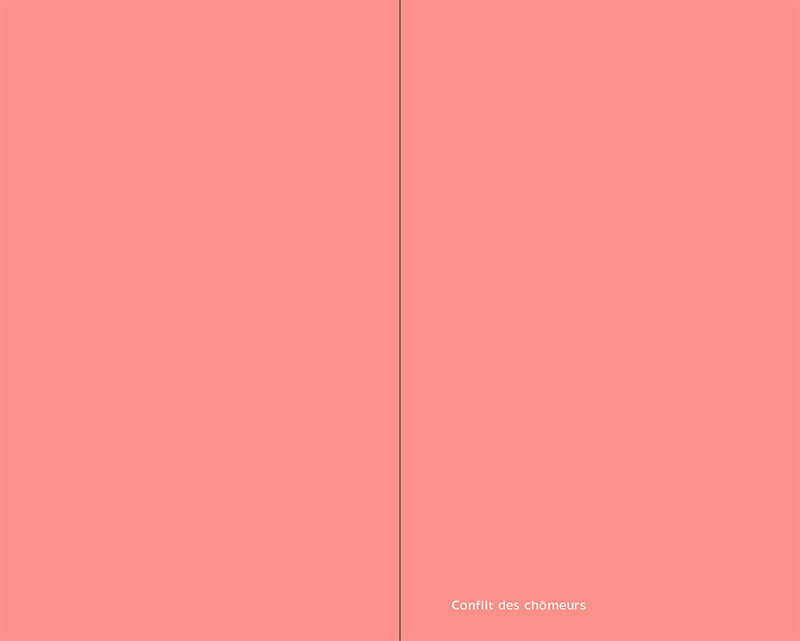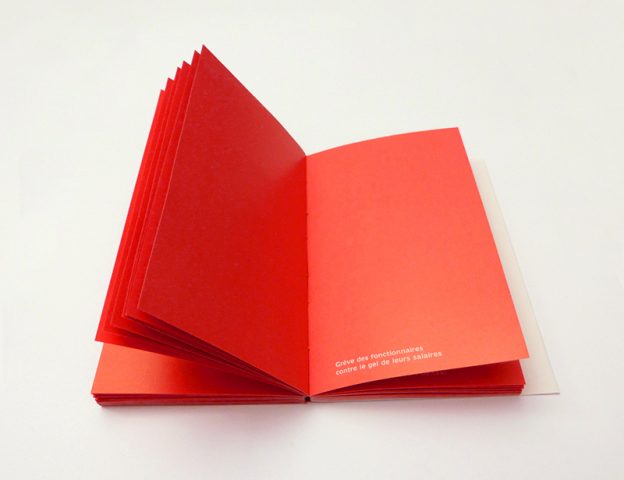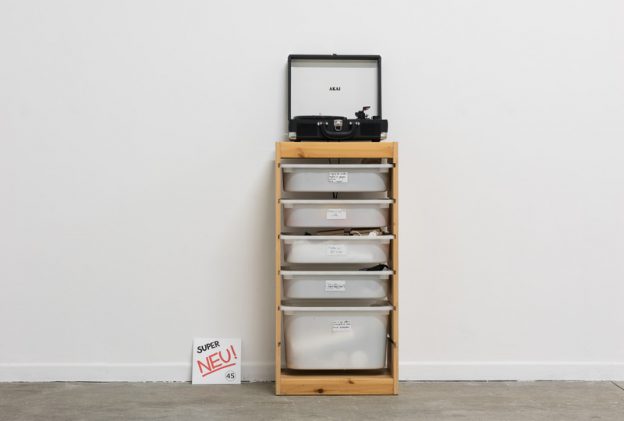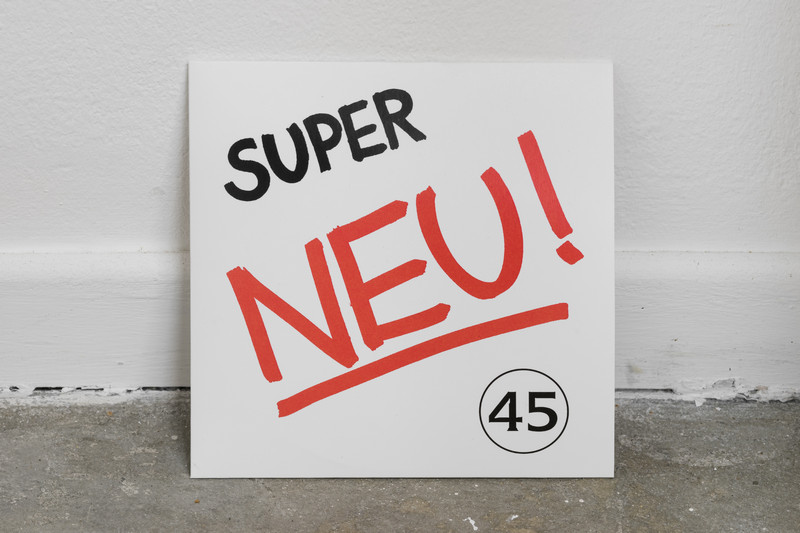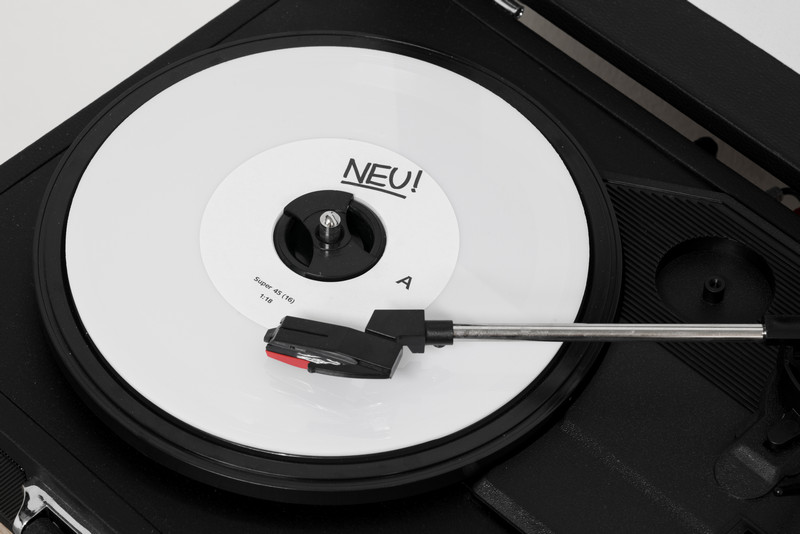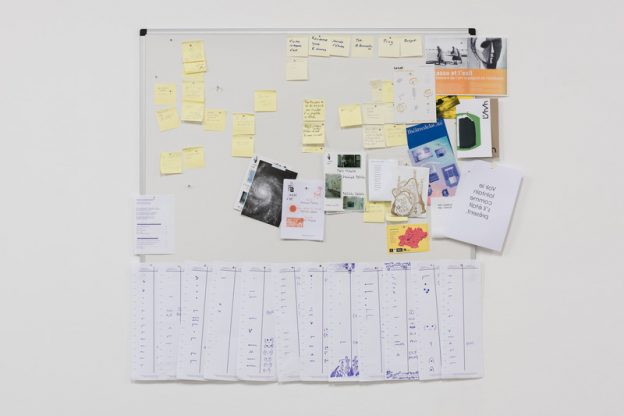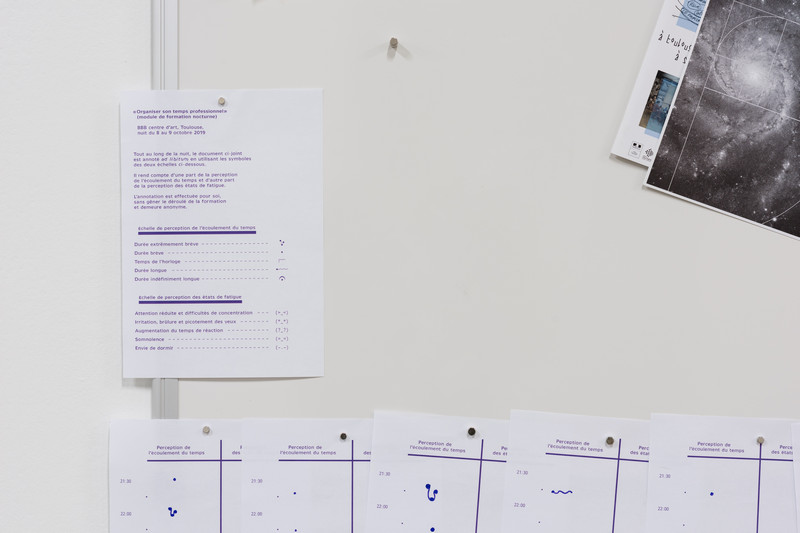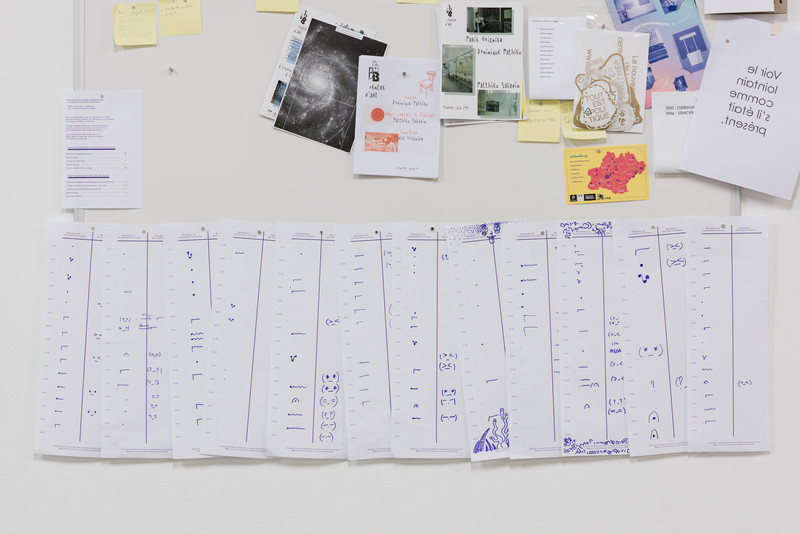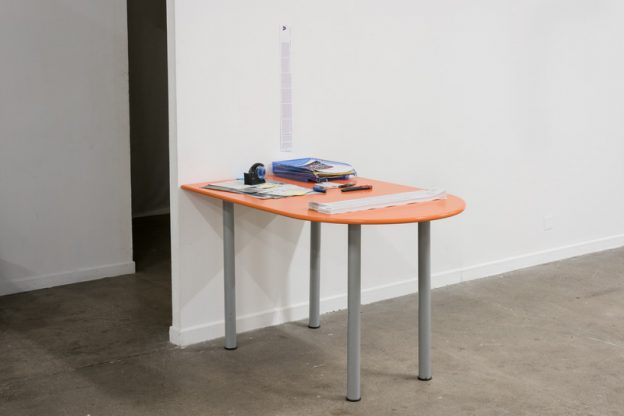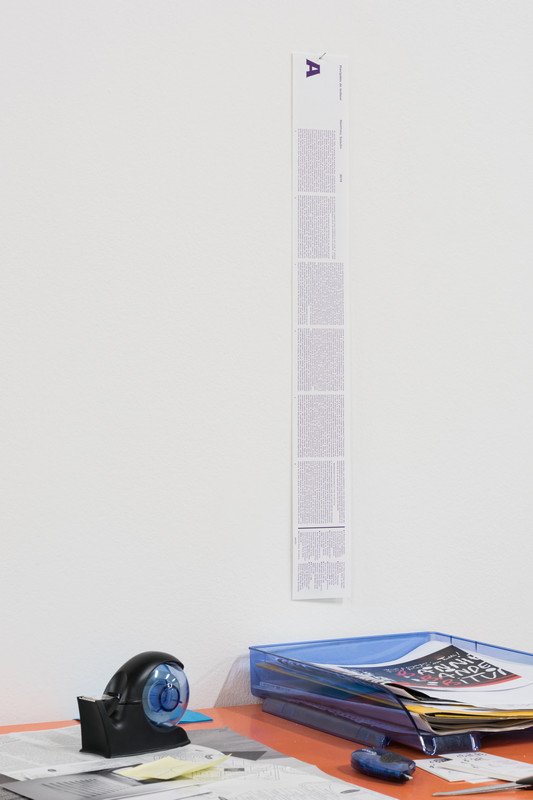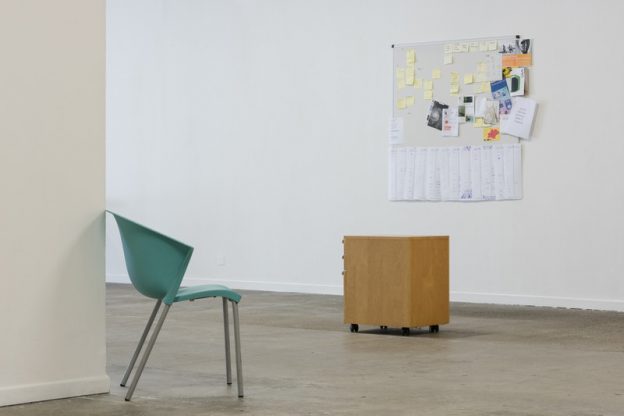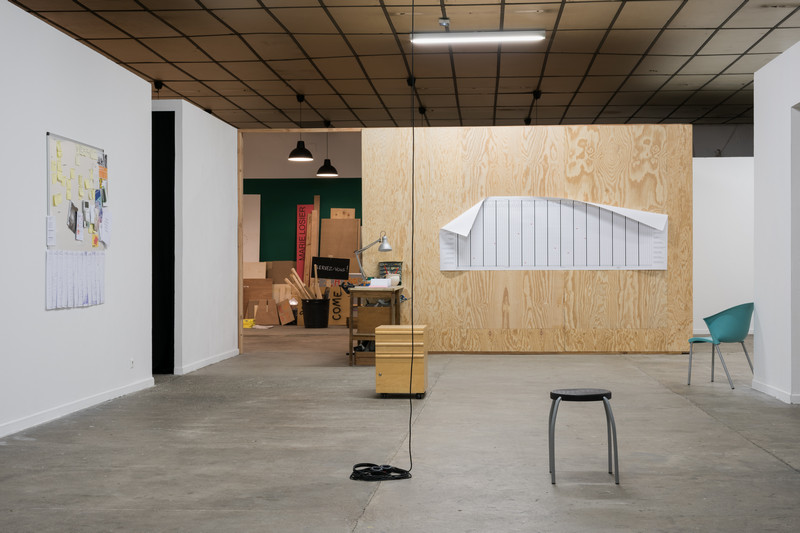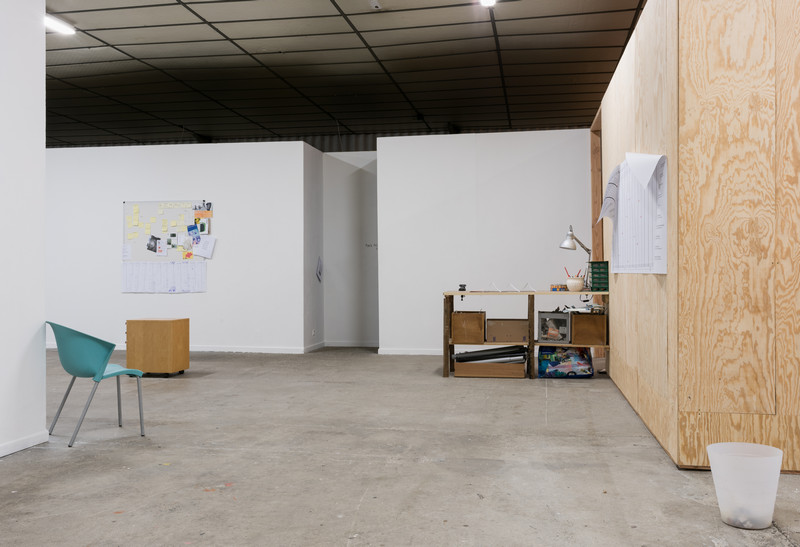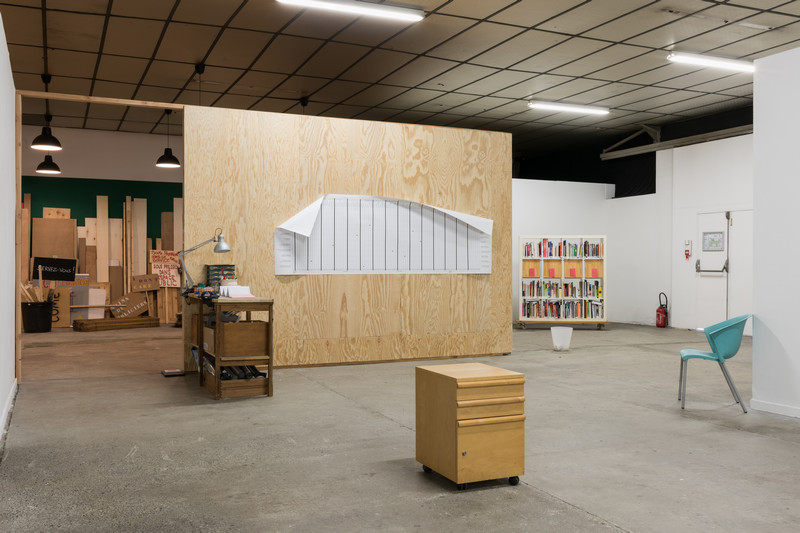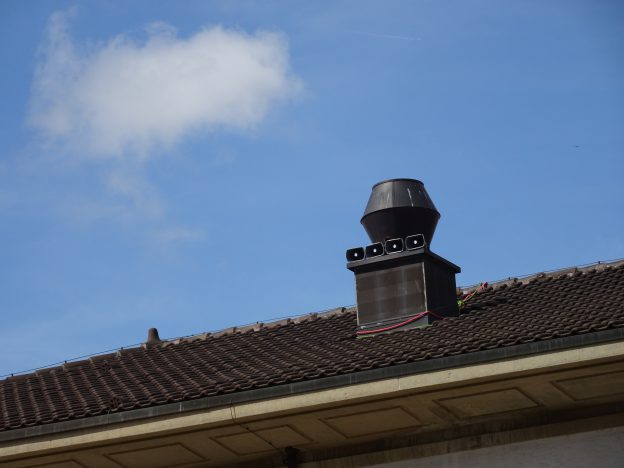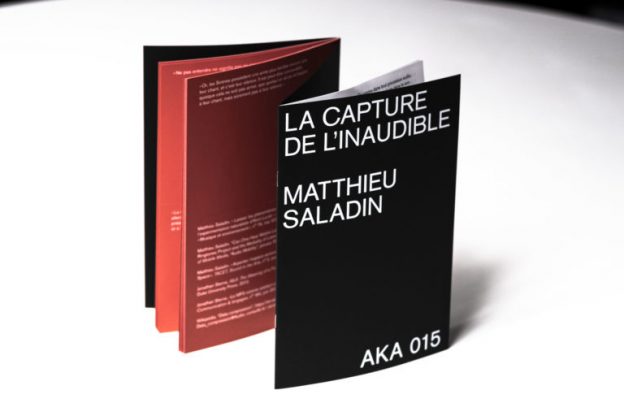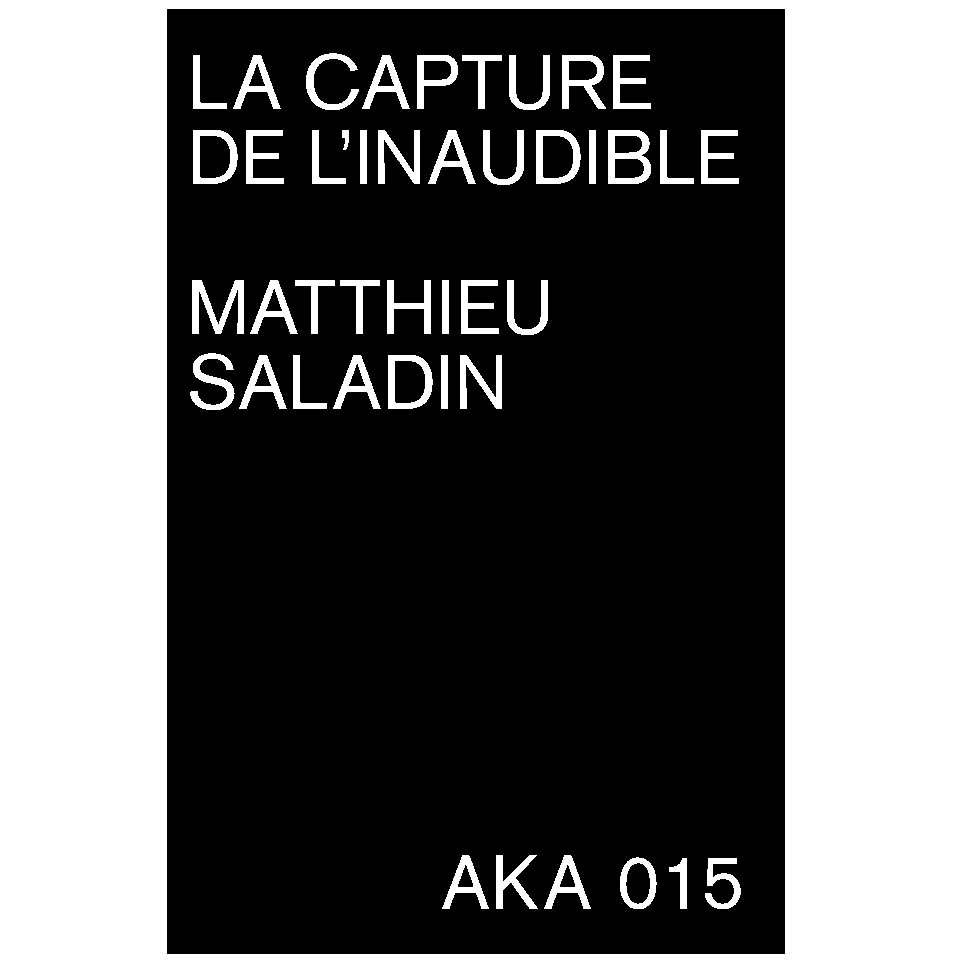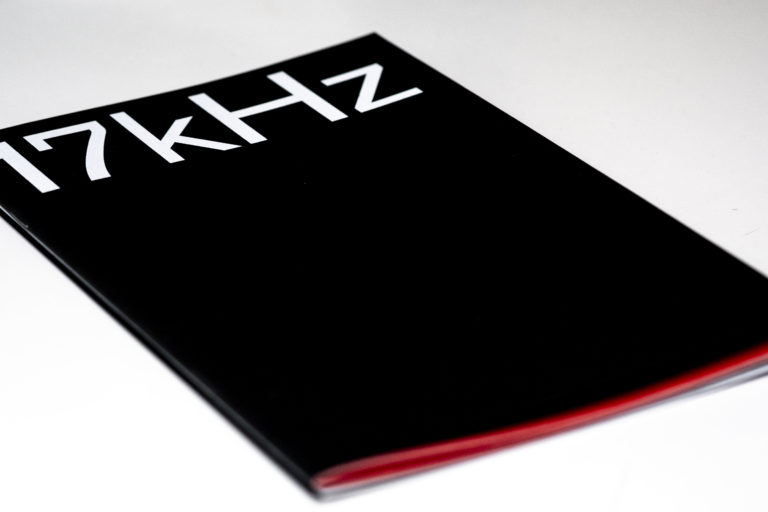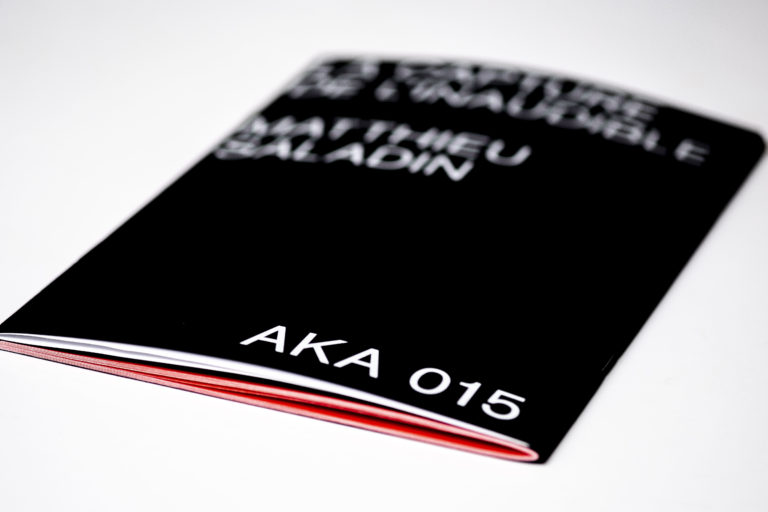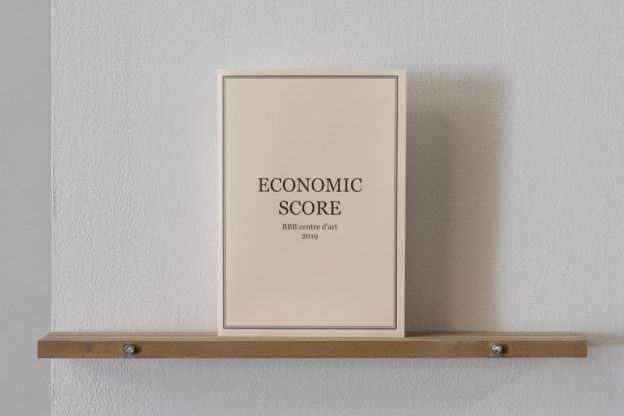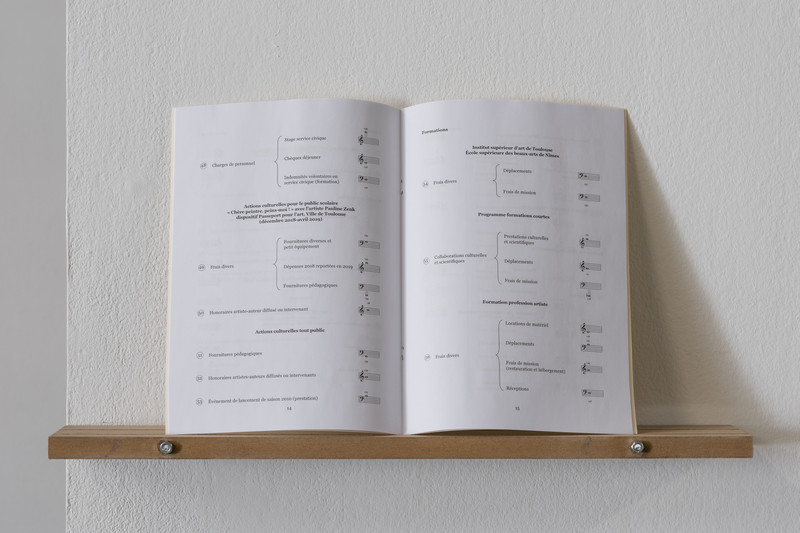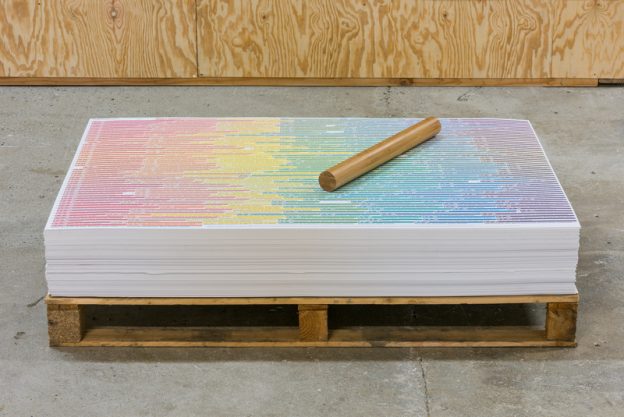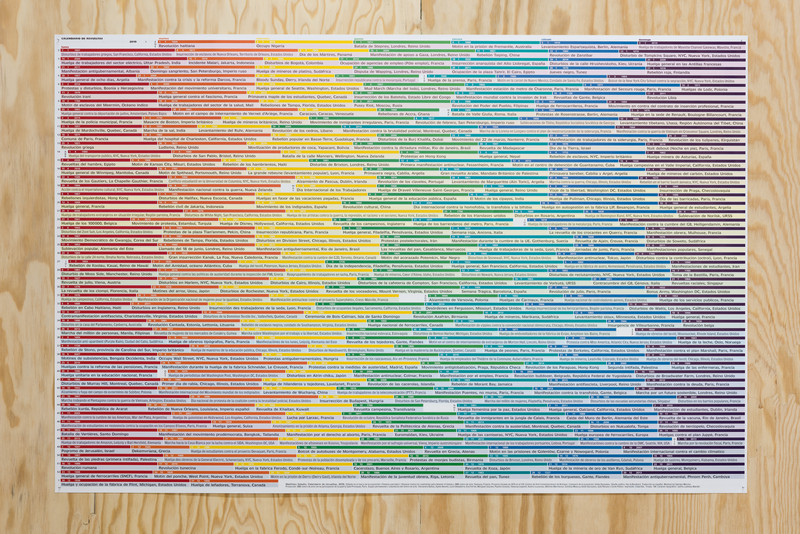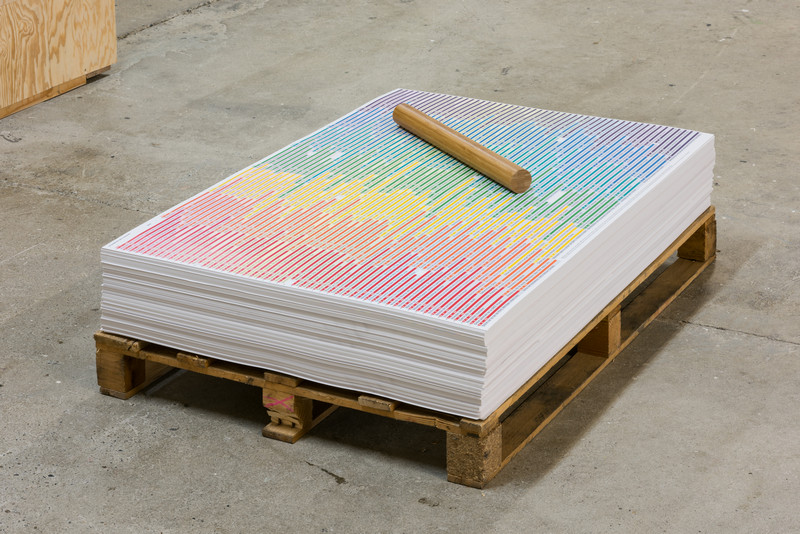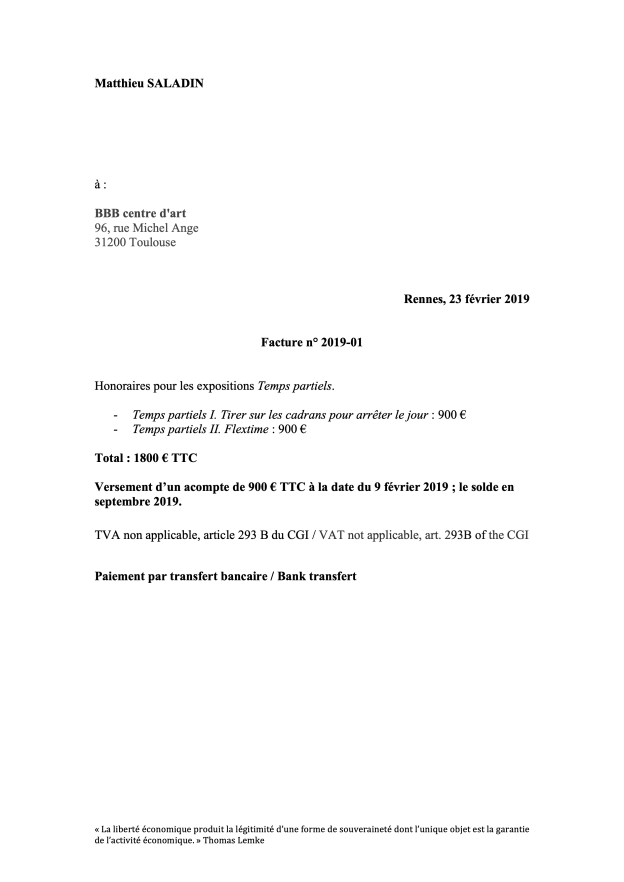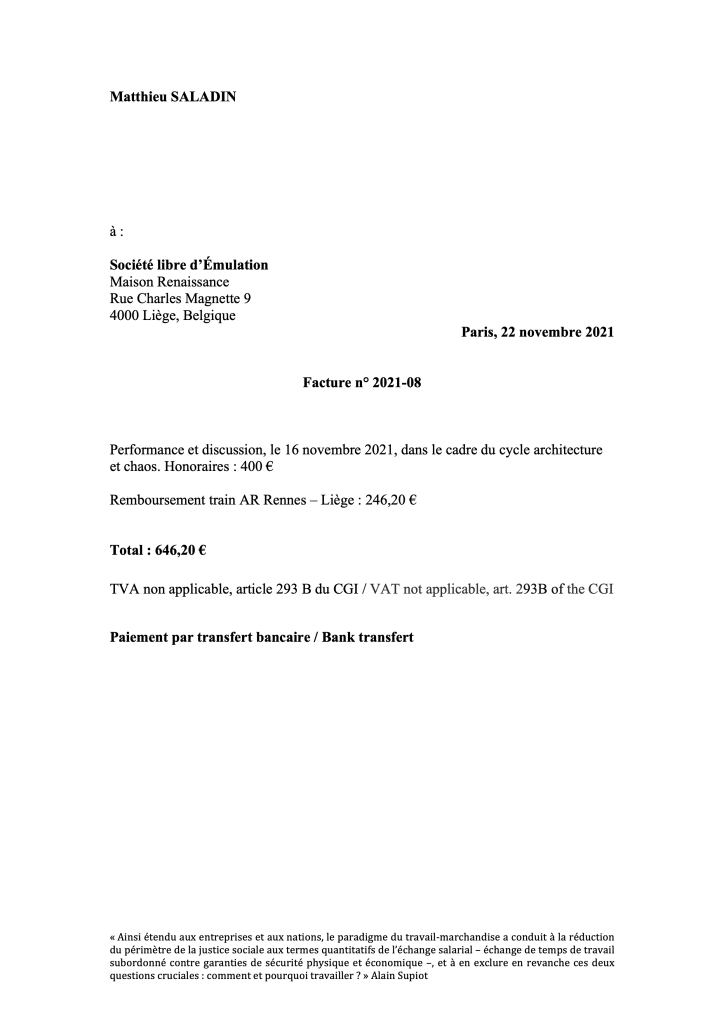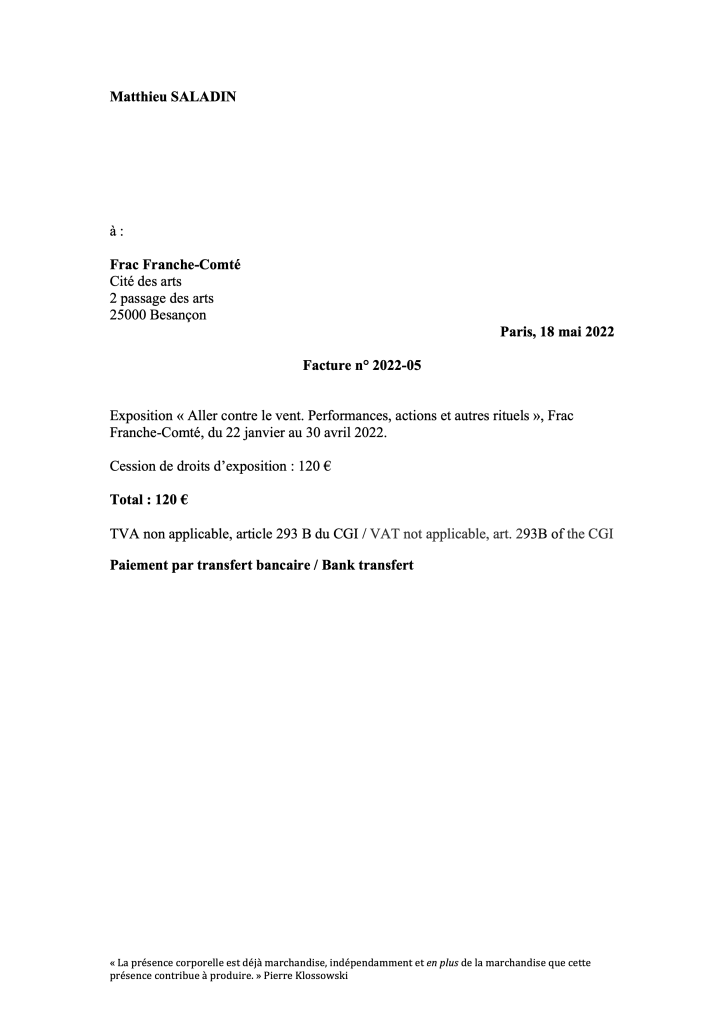2019
La Popularité des conflits (The popularity of disputes) is the story of a red book that gradually loses its colour. It brings together one hundred opinion surveys published the day after demonstrations, strikes and industrial actions in various press publications. These surveys all gauge the sympathy of public opinion for a given dispute, showing in the form of a percentage, the presumed degree of popular support for the demonstration or protest, themselves already popular manifestations of opinion. The surveys are presented in order of popularity, the most popular first, the percentage of support displayed by the percentage of solid red colour on the corresponding page.
The shade of red used for this book was taken from an engraving in the flyleaf of the first edition (1967) of Maurice Dommanget’s work, Histoire du drapeau rouge (history of the red flag).
La Popularité des conflits est l’histoire d’un livre rouge qui pâlit. Il réunit cent sondages d’opinion publiés au lendemain de manifestations, grèves et autres mouvements sociaux dans différents organes de presse. Ces sondages ont la particularité de mesurer la sympathie d’une population pour tel ou tel conflit, donnant à lire, sous la forme d’un pourcentage, le degré présumé d’adhésion populaire à la manifestation d’une protestation elle-même populaire. Les sondages sont présentés par ordre de popularité décroissant, le pourcentage de soutien devenant ici le pourcentage de couleur rouge de l’aplat correspondant.
Le rouge ayant servi d’étalon pour ce livre provient, quant à lui, d’une gravure ornant la page de garde de la première édition (1967) de l’ouvrage de Maurice Dommanget, Histoire du drapeau rouge.
Éditions Incertain Sens, Rennes ; BBB Centre d’Art, Toulouse, 2019.
[208 pages], dos carré cousu collé, jaquette, offset une couleur, 14,8 × 9 cm.
Graphisme : Huz & Bosshard
Dépôt légal octobre 2019, ISBN 978-2-914291-89-7, 500 exemplaires, 8€.
Publié avec le soutien de la Région Bretagne et de l’EA 7472 PTAC (Pratiques et théories de l’art contemporain) de l’université Rennes 2, à l’occasion de l’exposition « Temps partiels II. Flextime » au BBB centre d’art.
